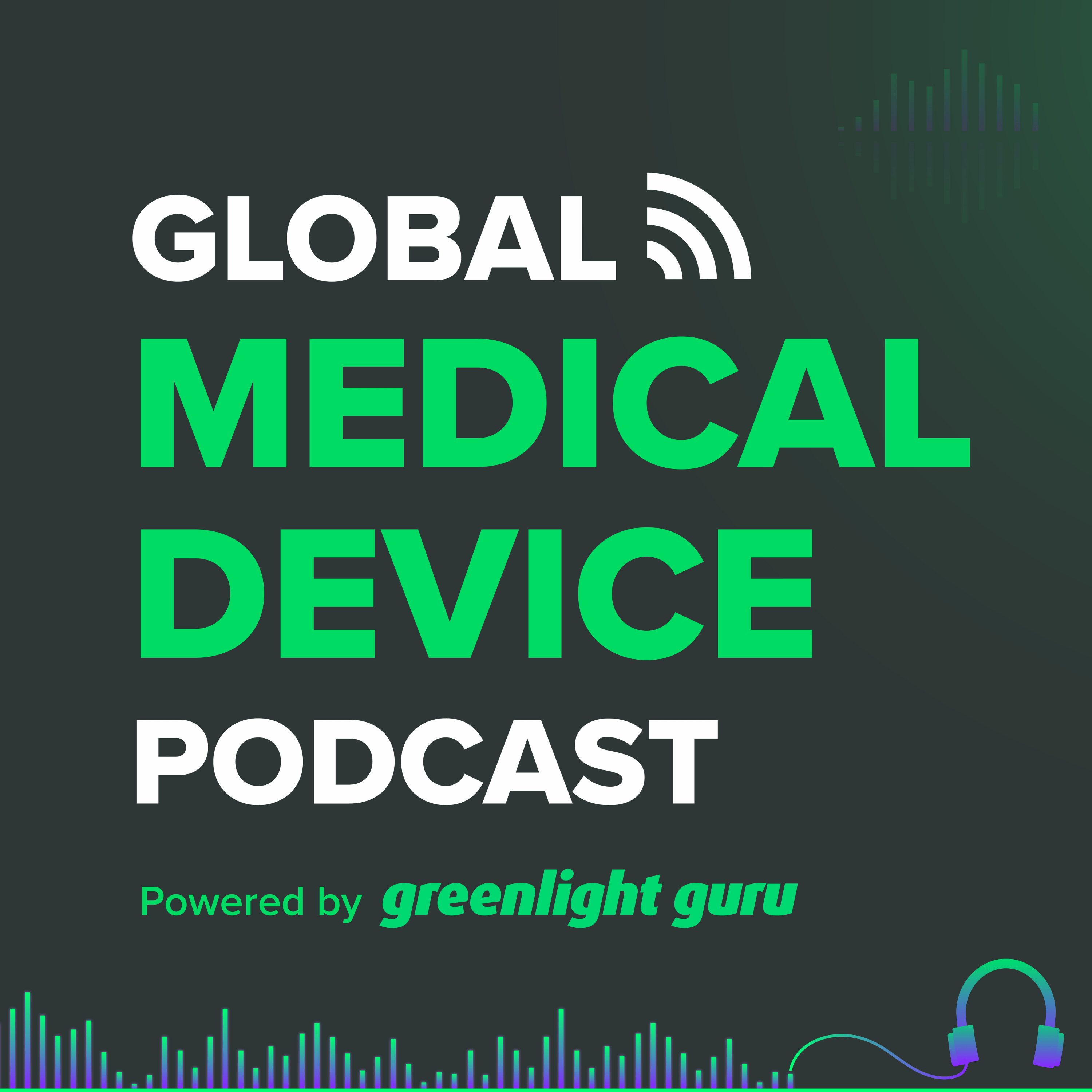Episode 74
15 Habits of Highly Effective Regulatory Professionals
Quality and regulatory professionals in the medical device industry have to deal with a lot.
In this episode, Mike Drues of Vascular Sciences shares 15 of his highly effective habits and tips to help you lead your organization.
You have an opportunity and obligation to explain the current regulatory structure in the industry - embrace it, don’t resist it!
SOME OF THE HIGHLIGHTS OF THE SHOW INCLUDE:
● Poker Game: Relationship between a company and the FDA is like a poker game; even if someone understands the regulations, doesn’t mean they win
● Think Globally: Startups and new companies make the mistake of not considering international regulatory strategies; satisfy needs of various places
● Consider Regulatory from the Beginning: It’s never too early to think about regulatory in product development lifecycle; minimize burdens and problems
● Don’t Reinvent the Wheel: When it comes to clinical trials, data, and real-world evidence - can they be justified, even if the FDA asks for them?
● Competitive Regulatory Strategy: If you follow in somebody else’s footsteps, you’ll never go anywhere new
● Don’t Just Copy Others: Lots of sheep in medical device industry who take the path of least resistance; not aware of their options
● Know All of Your Options: Know about available options, as well as the advantages and disadvantages of each, to get your medical device on the market
● Don’t be Myopic About Risk: All conventional risk approaches are limiting; some aspects of risk are important to consider but not addressed in them
● New is Not Necessarily Your Friend: If you think you’re working on a newer, novel device, you’re probably not: Regulation? Guidance? Reimbursement?
● Use Label Expansions to Your Advantage: Tempting to bring a product with all the bells and whistles to market, but higher likelihood of being unsuccessful
● Design Your Label Like You Design Your Device: Spend time and money on label design; use all tools available to express your message
● No Submission Should Ever be Rejected: 75% of first-time 510(ks)s are rejected; minimize or eliminate rejections through advanced communication with agency
● Communicate Early and Often with FDA: It’s not the FDA’s job to tell you what to do; tell, don’t ask and lead, don’t follow
● Don’t Treat FDA or Other Regulatory Agency as Your Enemy: Don’t approach agency as beta tester or with minimum done to get it to sign-off on a product
● Don’t be the Regulatory Police: Don’t tell a company what they can’t do, but what they can do; don’t let regulation hold you back

